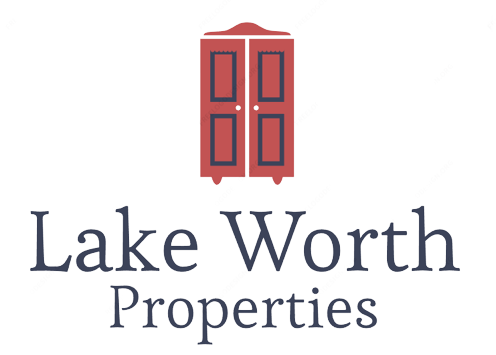
South Florida Real Estate and Home Valuation: A Comprehensive Guide
Navigating the world of real estate can be a complex endeavor, particularly when dealing with a dynamic and diverse market like South Florida. As such, understanding the key aspects of the process is crucial to making informed decisions. One such aspect, often misunderstood yet critical to any real estate transaction, is home valuation. Whether you’re a first-time home buyer, an empty nester, an investor, a relocating professional, or seeking a vacation home, a firm grasp of home valuation can greatly affect your real estate journey in South Florida.
Understanding Home Valuation
Before we delve into the complexities of the topic, let’s clarify what home valuation is. Home valuation is a process that determines the economic value of a residential property. It provides an estimate of the price that a home could sell for on the open market, also known as the market value. It’s an essential tool for buyers, sellers, and investors as it helps set the pricing strategy, assess potential investment value, secure financing, and more. It can seem daunting, but understanding the basics can help you navigate your real estate journey with more confidence.
Factors Influencing Home Valuation in South Florida
Home valuation is not an arbitrary process. Several factors can influence the value of a property in South Florida. Some of these factors include the property’s location, its size and condition, the age of the property, and various market trends. The location could refer to the property’s proximity to amenities like beaches, parks, schools, and shopping centers. The condition might encompass aspects like the state of repair, design appeal, or recent renovations. Market trends, which could include the economic climate or the state of the local real estate market, also play a role. Finally, home valuation takes into account recent comparable sales—recently sold properties with similar characteristics in the same area.
Steps in the Home Valuation Process
Home valuation is a systematic process, generally carried out by a professional appraiser. First, the appraiser will research information about the property and the surrounding area, including recent sales data of similar homes. Next, they’ll inspect the property to assess its condition, size, and unique features, as well as the quality of the neighborhood and surrounding area. After the inspection, the appraiser will compare the property to similar ones that have recently sold in the area, adjusting the price for any significant differences. Finally, they’ll compile all the data into a final appraisal report, providing a detailed explanation of how they arrived at the property’s estimated market value.
Key Players in Home Valuation: Role and Responsibilities

Understanding the roles and responsibilities of each party involved in a home valuation can give you a clear picture of what to expect. The homeowner’s job is to provide accurate information and allow access for inspection. Real estate agents can offer valuable market insight and help interpret the valuation report. The appraiser is the one who conducts the valuation, considering various factors to arrive at an unbiased estimate of the property’s value. Meanwhile, potential buyers use this information to make informed decisions about their purchase or investment.
Home Valuation for Different Audiences
Different types of buyers or sellers can have unique perspectives and use them for home valuation. For instance, first-time home buyers may use home valuation as a guide to avoid overpaying for a property. Empty nesters might use it to price their homes competitively when downsizing. Investors would look at a home valuation to calculate the potential return on investment. Professionals relocating to South Florida could use home valuation to assess the fairness of a property’s asking price. Even vacation home buyers could benefit from understanding the estimated rental income potential of a property, a factor often influenced by its overall value.
Common Myths and Misconceptions About Home Valuation
When it comes to home valuation, several misconceptions may lead to confusion. For instance, some believe that a high home valuation always benefits the seller, but this isn’t necessarily true—if the valuation is too high, it may deter potential buyers. Similarly, people often confuse home valuation with home inspection. While both are important, they serve different purposes. A home inspection checks the property’s condition and recommends repairs, while a home valuation estimates the property’s market value based on several factors.
Resources for Further Learning on Home Valuation
If you’re eager to learn more about home valuation, several resources can help. Professional valuation services, like Zillow, provide online tools for estimating home value. Additionally, online platforms such as Khan Academy offer educational resources on the subject. Lastly, consulting with a real estate professional can provide personalized guidance tailored to your specific situation.
Navigating Home Valuation in South Florida: The Takeaway
Understanding home valuation can significantly impact your real estate journey in South Florida. It helps you make informed decisions, whether you’re buying your first home, investing in a rental property, or selling a beloved family residence. By mastering the basics of home valuation, you’ll be better equipped to navigate the vibrant and complex world of South Florida real estate. Happy house hunting!
